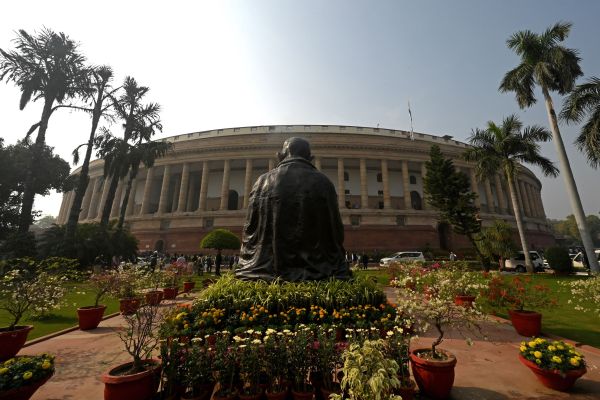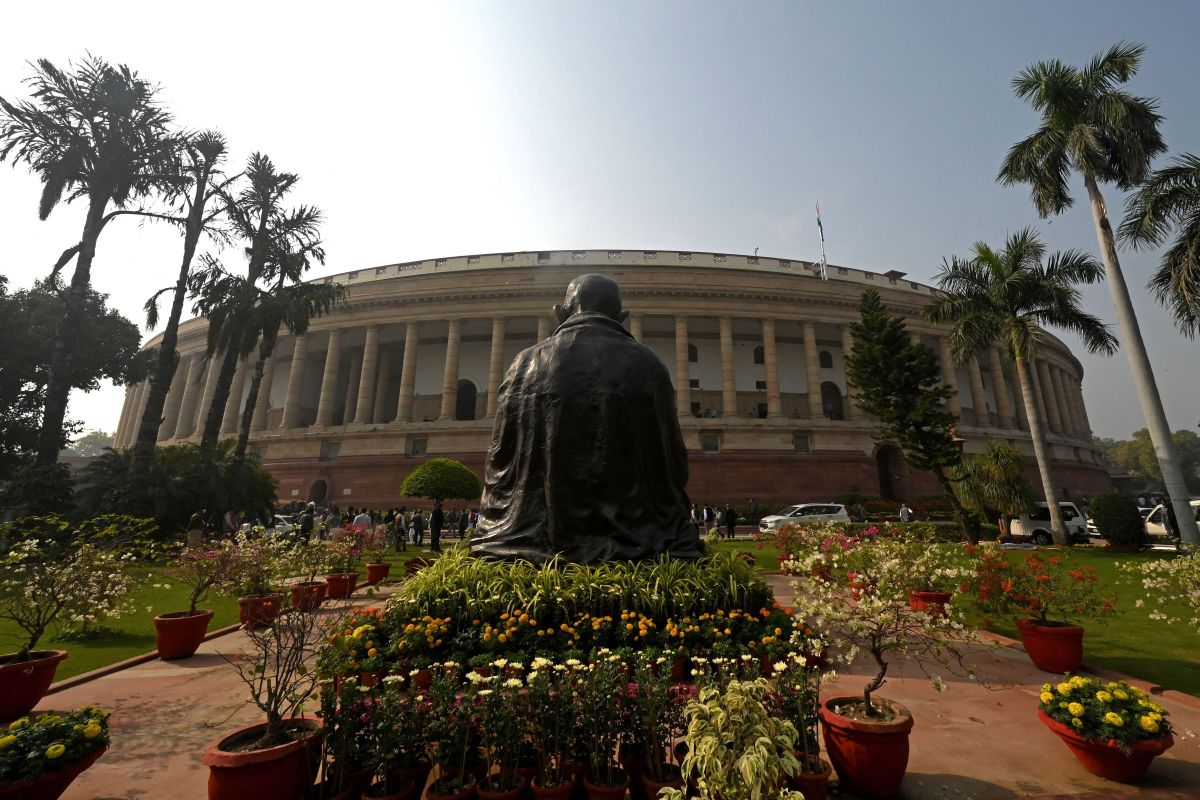India to create committees with veto power over social media content moderation

India will set up grievance committees with the veto power to reverse content moderation decisions of social media firms, it said today, moving ahead with a proposal that has rattled Meta, Google and Twitter in the key overseas market. The panels, called Grievance Appellate Committee, will be created within three months, it said.
In an amendment to the nation’s new IT law that went into effect last year, the Indian government said any individual aggrieved by the social media’s appointed grievance officer may appeal to the Grievance Appellate Committee, which will comprise a chairperson and two whole time members appointed by the government. (In compliance with the IT rules, social media firms last year appointed grievance and other officers in India to hear feedback and complaints from their users.)
The Grievance Appellate Committee will have the power to reverse the social media firm’s decision, the government said.
“Every order passed by the Grievance Appellate Committee shall be complied with by the intermediary concerned and a report to that effect shall be uploaded on its website,” New Delhi said in a statement.
Shortly after India proposed creating such panels, the US-India Business Council (USIBC), part of the U.S. Chamber of Commerce, and U.S.-India Strategic Partnership Forum (USISPF), both raised concerns about the independence of such committees if the government controlled their formation. Both the firms represent tech giants including Google, Meta and Twitter.
The decision to form panels follows tension between the Indian government and social media firms Meta and Twitter over the content and accounts they keep or remove. Twitter received heat from New Delhi for not blocking some tweets last year that the Indian government had deemed objectionable.
Twitter labeled a tweet from Sambit Patra, the spokesperson of India’s ruling party BJP, in May last year as “manipulated media.” Days later, a special squad of Delhi police that investigates terrorism and other crimes made a surprise visit to two of Twitter’s offices in the country to seek information about Twitter’s rationale to term Patra’s tweets as manipulated.
Twitter at the time said it was “concerned by recent events regarding our employees in India and the potential threat to freedom of expression for the people we serve,” and this year moved to sue the Indian government to challenge some of the block orders on tweets and accounts.
Lawyers of Elon Musk, who as of today owns Twitter, earlier raised concerns about Twitter’s lawsuit against the Indian government, saying such a move places the company’s third-largest market at risk.
Rajeev Chandrasekhar, India’s minister of state for electronics and information technology, told Reuters on Friday that the government expects the Musk-owned Twitter to comply with the country’s IT rules.
“Our rules and laws for intermediaries remain the same regardless of who owns the platforms. So, the expectation of compliance with Indian laws and rules remains,” he told the outlet.
The New Delhi-based advocacy group Internet Freedom Foundation said Friday that the Grievance Appellate Committee is “essentially a government censorship body” that would hear appeals against the decisions of social media platforms to remove content or not, thus “making bureaucrats arbiters of our online free speech.”
“This will incentivise platforms to remove/suppress any speech unpalatable to the government or those exerting political pressure and increase government control & power since the government will be effectively able to also decide what content must be displayed by platforms,” it said.
(More to follow)




